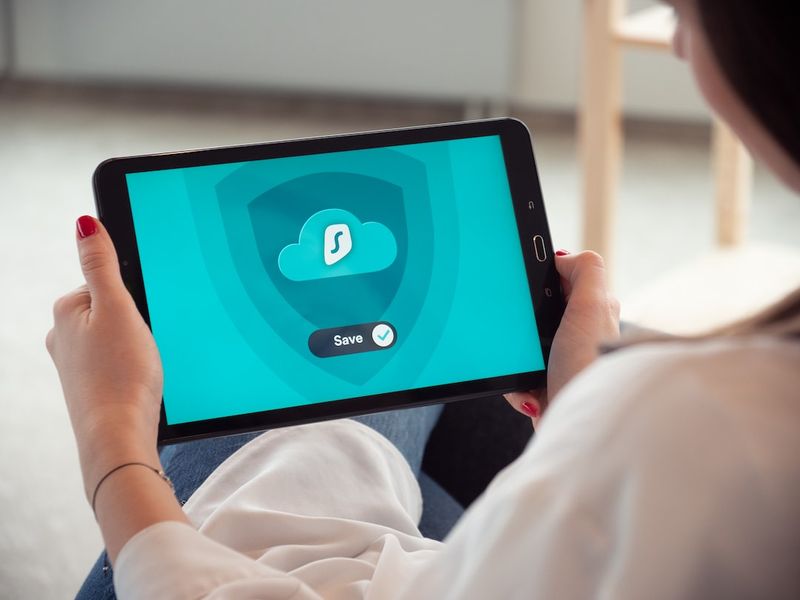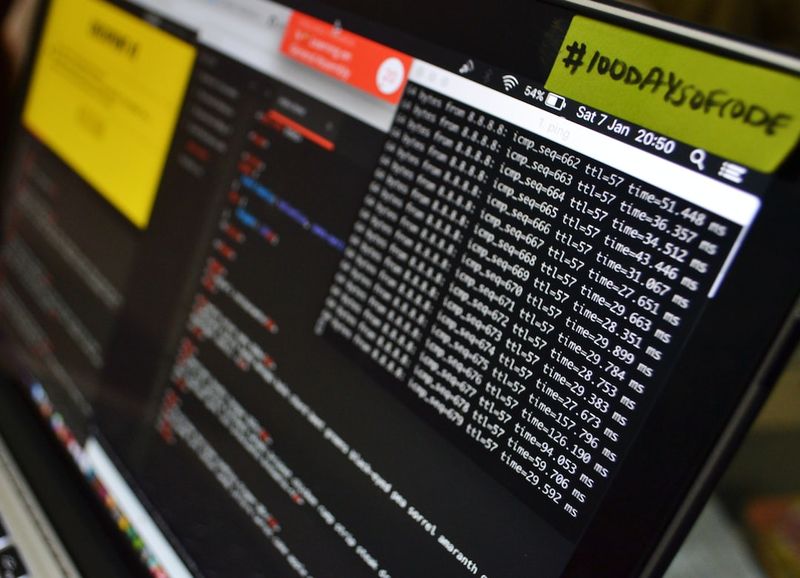Data Breaches: TransUnion Denies Breach After Hacker Publishes Allegedly Stolen Data
Introduction
TransUnion, a leading credit reporting firm, has denied suffering a data breach after a hacker published approximately 3GB of allegedly stolen data from the company’s systems. The hacker, operating under the pseudonym ‘USDoD,’ claims to have obtained the information of around 58,000 individuals, including personally identifiable details such as names, dates and places of birth, financial transaction details, credit scores, and more. While TransUnion denies being breached, it acknowledges the existence of limited online activity and has launched an investigation into the matter.
The Alleged Breach and TransUnion‘s Response
According to reports, the threat actor ‘USDoD’ published a database on a cybercrime forum containing the alleged stolen data. The leaked information is said to have originated from a wide range of individuals in the Americas and Europe and was compiled in March 2022. TransUnion, upon becoming aware of the claims, swiftly initiated an investigation into the matter. However, the credit reporting firm maintains that it has found no evidence of a breach or any exfiltration of data from its environment.
In a statement on its website, TransUnion addresses the situation, stating that the leaked database’s data, formatting, and fields do not match the content or formats found within its systems. As a result, the company believes that the data may have come from a third party. It is working diligently to ascertain the true source of the information.
The Hacker ‘USDoD’
The threat actor known as ‘USDoD’ has a history of involvement in cybercrimes. Previously, they were implicated in the hack of the FBI’s InfraGard database. More recently, they claimed to have breached systems belonging to airplane maker Airbus and NATO. Although their identity remains undisclosed, their activities in the cyber underworld are well-documented.
Data Breach Landscape
This incident highlights the ongoing challenge that organizations face in safeguarding their data, especially in the age of increasingly sophisticated cybercriminals. Data breaches have become alarmingly common, with companies of all sizes falling victim to hackers seeking to exploit vulnerabilities in their systems. The consequences of these breaches can be far-reaching, resulting in financial losses, reputational damage, and potential harm to individuals whose personal information has been exposed.
The Importance of Strong Cybersecurity Measures
To combat the ever-evolving threat landscape, businesses and individuals must prioritize cybersecurity measures. This involves implementing robust security protocols, regularly updating software and systems, conducting frequent vulnerability assessments, and educating personnel about best practices for data protection. Additionally, organizations must invest in advanced cybersecurity solutions and technologies to detect and prevent unauthorized access to sensitive information.
Philosophical Discussion: Privacy and the Digital Age
The occurrence of data breaches also raises philosophical questions about privacy in the digital age. In the interconnected world we live in, personal and financial information is constantly being collected and stored by various entities. While this facilitates convenience and efficiency in our daily lives, it also exposes individuals to greater risks. As technology continues to advance, it is imperative to have robust privacy regulations and ethical frameworks in place to safeguard personal data, ensuring that individuals maintain control over their information.
Editorial: Accountability and Transparency
In response to data breaches, companies must demonstrate accountability and transparency in their actions. It is commendable that TransUnion swiftly addressed the issue by launching an investigation and providing regular updates. This level of transparency helps individuals affected by the breach stay informed about the situation and take necessary steps to mitigate potential damage. It also serves as a positive example for other organizations to follow in similar circumstances.
Advice for Individuals
In light of this breach, individuals should take proactive measures to protect themselves from potential identity theft and financial fraud. It is essential to regularly monitor financial statements, credit reports, and any suspicious activity related to personal accounts. Implementing strong, unique passwords for online accounts and enabling multi-factor authentication can also provide an additional layer of protection. Furthermore, individuals should exercise caution when sharing personal information online and be wary of phishing attempts or suspicious emails that could lead to further information compromise.
Conclusion
Data breaches continue to pose a significant threat both to companies and individuals. The case of TransUnion denying a breach after a hacker published allegedly stolen data underscores the importance of maintaining robust cybersecurity measures and remaining vigilant in the face of evolving cyber threats. Organizations must prioritize the security of their systems and the protection of their customers’ data, while individuals must take proactive steps to safeguard their personal information. The digital age demands increased accountability, transparency, and a reevaluation of privacy frameworks to ensure that the benefits of technology are not undermined by the risks it presents.

<< photo by Dan Nelson >>
The image is for illustrative purposes only and does not depict the actual situation.
You might want to read !
- Exploring the Brave New World of Cybersecurity: Navigating the Digital Frontier in 2023
- P2PInfect Malware: A Disturbing Surge Raises Concerns Among Researchers
- P2PInfect Malware: A Looming Cybersecurity Threat Magnified 600 Times
- GitLab Users Beware: Update Now to Secure Your Data
- The Future of Data Protection: Alcion Secures $21 Million to Revolutionize Backup-as-a-Service
- Data Breach Alert: Microsoft AI Researchers Unintentionally Expose 38 Terabytes of Confidential Information
- California’s Data Privacy Act: Power to the People!
- Caesars Palace: Hacked and Betrayed by Ransomware Attack
- The Reality of Ransomware: A Costly Breach Exposes Vulnerabilities in Personal Health Data Security
- US-UK Data Transfer Agreement Builds a Bridge for Transatlantic Data Flows
- Tech terrors: Unmasking the escalating threat of malicious apps
- The Struggle to Safeguard Generative AI: Exploring Solutions for Data Leakage
- The Growing Threat: How the Microsoft Azure Data Leak Highlights the Risks of File-Sharing Links
- Airbus Launches Probe into Cybersecurity Breach After Data Leak




